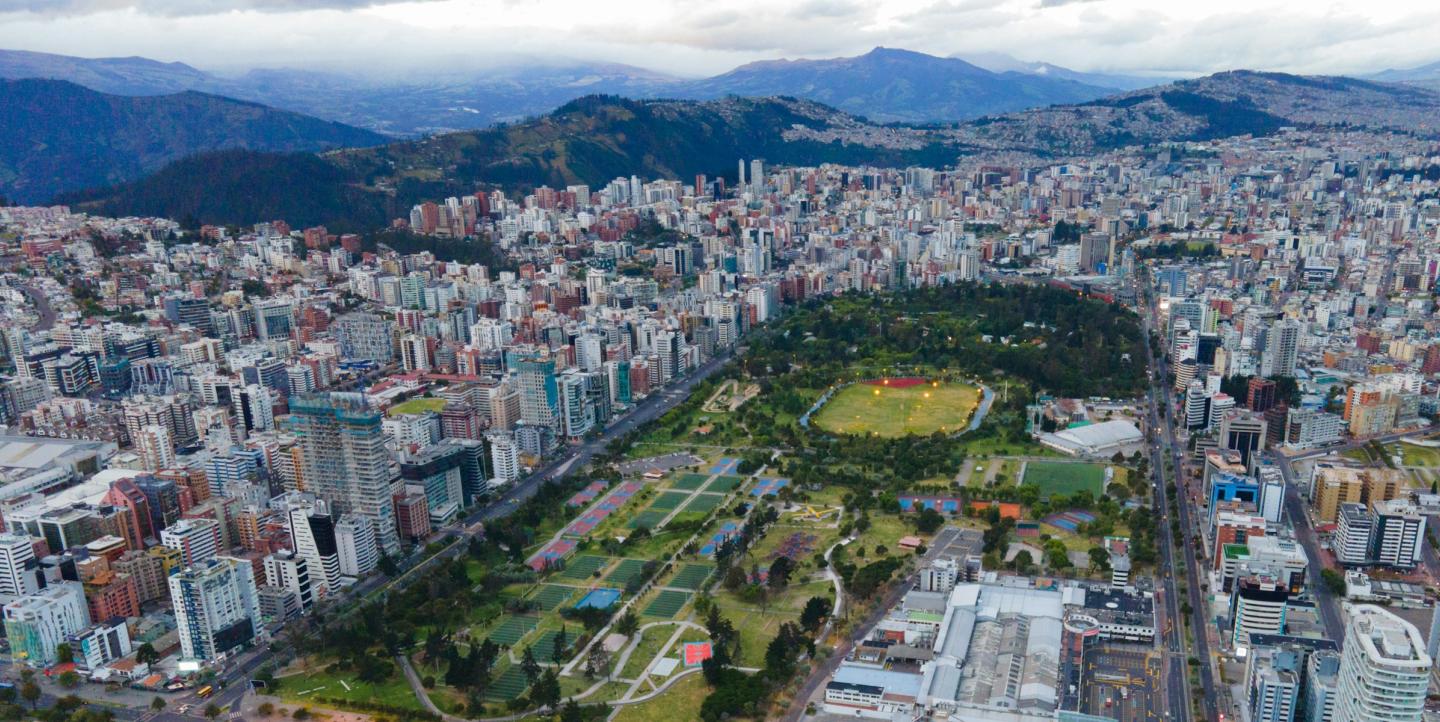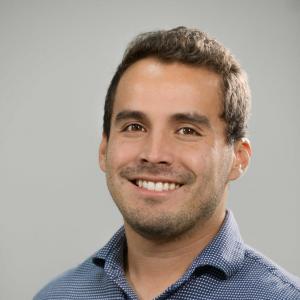When a group of masked, armed men stormed the TC Television network studios in Guayaquil, Ecuador during a live broadcast in January, the lack of security Ecuadorian journalists experience today was exposed.
Violence against reporters in the country isn’t new as of this incident a few months ago, but it has escalated as drug traffickers have gained more control over certain territories.
Diego Ortiz, a university professor and former editor of the newspaper, El Comercio, remembers the kidnapping and murder of his colleagues in 2018 as a turning point for journalism in the country.
"Six years ago, we sent a team on a mission and we realized how dangerous it was to be a journalist in Ecuador. We didn't know how reliable it was to send them with the police or the military. There were leaks of information that put them in danger. They were all killed," said Ortiz, who added that the State does not have the capacity to protect reporters, especially in "hot" zones.
Nearly six years later, the escalation of violence against Ecuadorian journalists has led to a 275% increase in death threats.
In late 2023, a journalist in a coastal province exposed irregularities in last-minute contracts awarded by a local municipality. Following the report, the journalist received a note that read "either you shut up or you die." Shortly after, his vehicle was vandalized with a toxic substance.
His case was the 10th occurrence in 2023 in which a journalist fled the country due to threats against their life, according to the Ecuadorian nonprofit Periodistas Sin Cadenas (Journalists Without Chains, in English).
This organization, explained one of its founders, Susana Morán, who is also a journalist for Plan V magazine, operates in honor of the murdered journalists of El Comercio, who pleaded for their lives as they were chained and locked up. Periodistas Sin Cadenas offers resources and support to prevent investigations from being silenced, hosting digital and physical security workshops.
"The events at the Guayaquil channel paint a bleak picture of the state of the Ecuadorian press,” said Morán. “Journalism has become a target of organized crime, forcing journalists to continue their work in the midst of a serious lack of protection. The intrusion of an armed group into one of the country's channels underscores this reality, and the State's inability to prioritize the protection of journalists."
Independent media is under siege at all levels, with threats on the rise, stressed Morán. Vulnerabilities can emerge, for instance, in response to coverage of potholes, water shortages or inadequate public services and local government mismanagement. "In some areas, local governments are heavily infiltrated by drug cartels," she noted.
The growing atmosphere of distrust is also affecting journalists’ relationships with their sources. The pervasive influence of organized crime has reached such levels that detecting who is behind what information has become almost impossible. “From the attorney general's office to local authorities, we have uncertainty about the origin of the sources providing news," said Morán.
A more comprehensive approach to security
Violence against reporters is also driving university students further and further away from pursuing jobs in media, whether it be at a newspaper, digital outlet or television station, said Ortiz: "Students are less and less interested in becoming journalists. It is a dangerous, unsafe profession, with no financial security.”
Despite the gloomy environment, there are steps journalists can take to protect themselves, believes Morán.
“Security must be comprehensive – digital, physical and editorial,” she said. “Media outlets have a responsibility here. They should carefully consider their approach to stories, now that any story can put journalists at risk. Collaboration with other media and journalists allows us to show these people that, even if they are dangerous, there is a strong group behind each story. It is a matter of internal solidarity.”
Journalists should also be more cautious when handling sources, and vigilant when dealing with social media accounts that promote specific narratives, urged Morán.
"In difficult contexts, journalism must adapt and find alternative approaches," she concluded.
Photo of Quito by Kiyoshi on Unsplash.
This article was originally published on IJNet Spanish and translated by Ana Prieto.


